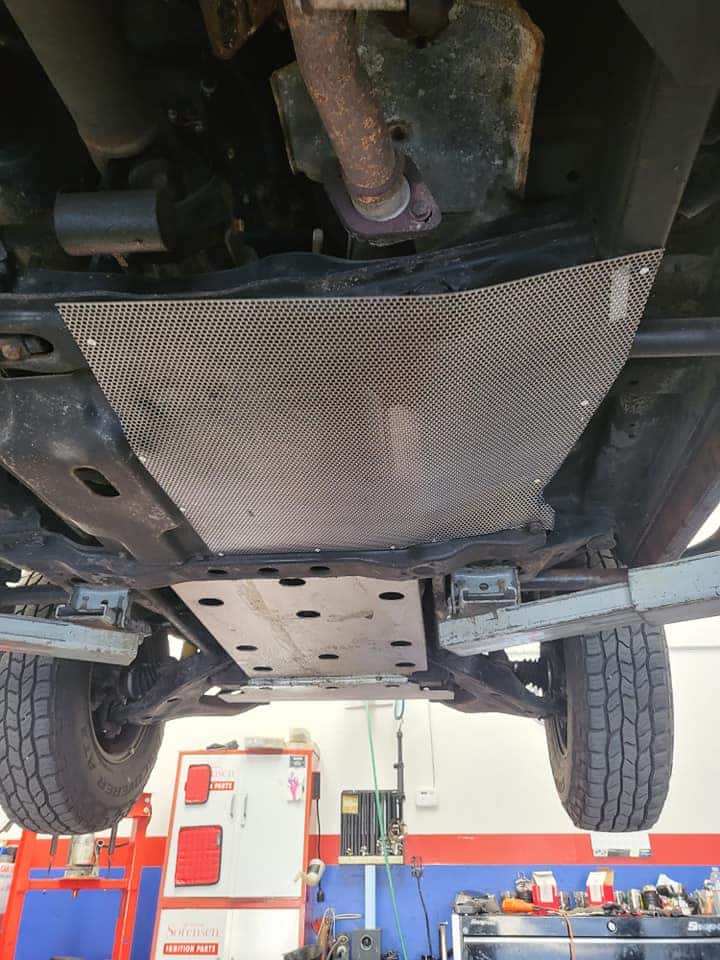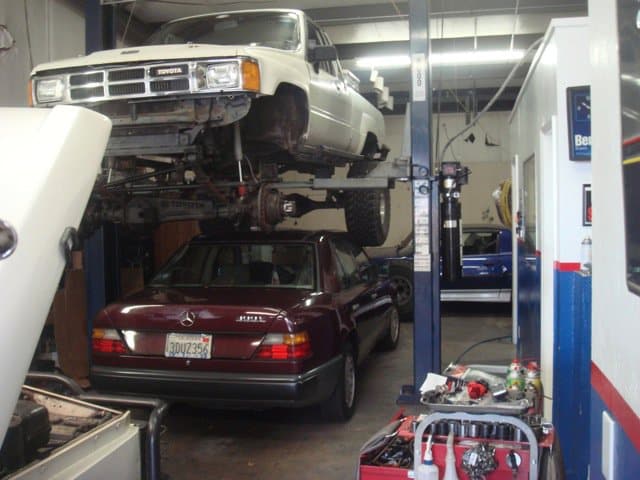Fuel efficiency is something we all desire as motorists. Whether you're a daily commuter or a weekend road warrior, being able to stretch your gas dollar as far as it can go is a win. Regular oil changes are the secret weapon in achieving this goal. Not only do they keep your vehicle running smoothly, but they also play a crucial role in optimizing fuel economy.
The Science Behind Oil Changes and Fuel Efficiency
Motor oil has a simple yet significant purpose: lubricating the engine's moving parts. This reduces friction and keeps the heat down. Over time, though, dirt and particles infiltrate the oil, clogging it up and making it less effective. This is where an oil change comes in handy. When the oil is clean, it can easily circulate through the engine, reducing the amount of work the engine must do and, in turn, the amount of fuel it uses.
How Often Should You Get an Oil Change?
The golden rule of thumb used to be that you should change your car's oil every 3,000 miles or every three months, whichever comes first. However, advancements in technology and the introduction of synthetic oils have stretched this interval. Many automakers now recommend oil changes every 7,500 to 10,000 miles. However, the best practice is to refer to your vehicle's manual for precise guidelines.
Choosing the Right Oil for Your Vehicle
Using the right oil is also key in maximizing fuel efficiency. Nowadays, most vehicles require synthetic oil, which is designed to handle high temperatures and last longer than conventional oil. It also offers better fuel economy. However, some older model cars may still use conventional oil. Again, it's best to consult your vehicle's manual or speak with a reliable auto repair service to determine what's best for your specific make and model.
The Impact of Regular Maintenance
Oil changes are just one aspect of regular vehicle maintenance that can improve fuel efficiency. Other things that you should keep an eye on include:
- Tire Pressure: Under-inflated tires can reduce fuel economy by up to 3%.
- Air Filters: A clogged air filter can decrease your miles per gallon (MPG).
- Spark Plugs: A misfiring spark plug can reduce fuel efficiency by up to 30%.
In the grand scheme of things, these may not seem like big deals. But taken together, they can make a substantial difference in your vehicle’s fuel economy.
In the pursuit of optimal fuel efficiency, it becomes clear that regular oil changes are vital. They keep your engine healthy, which in turn, makes it more efficient. Remember, a happy car is a fuel-efficient car. So, don't skimp on your oil changes. Get them done regularly, use the right oil, and keep an eye on the other factors that can impact your fuel economy.
Keep your vehicle in top-notch condition and enjoy the benefits of enhanced fuel efficiency with Sartorial Auto Repairs. Reach out to us today to schedule your next oil change. Your car, and your wallet, will thank you.












